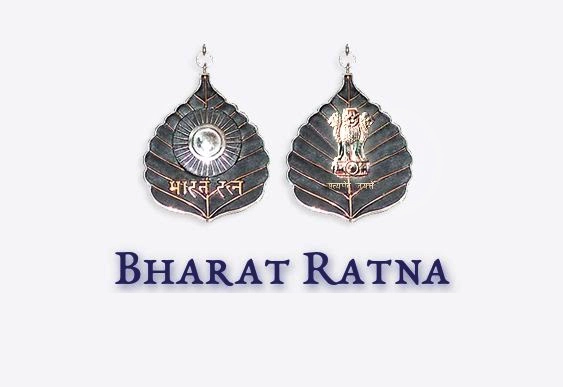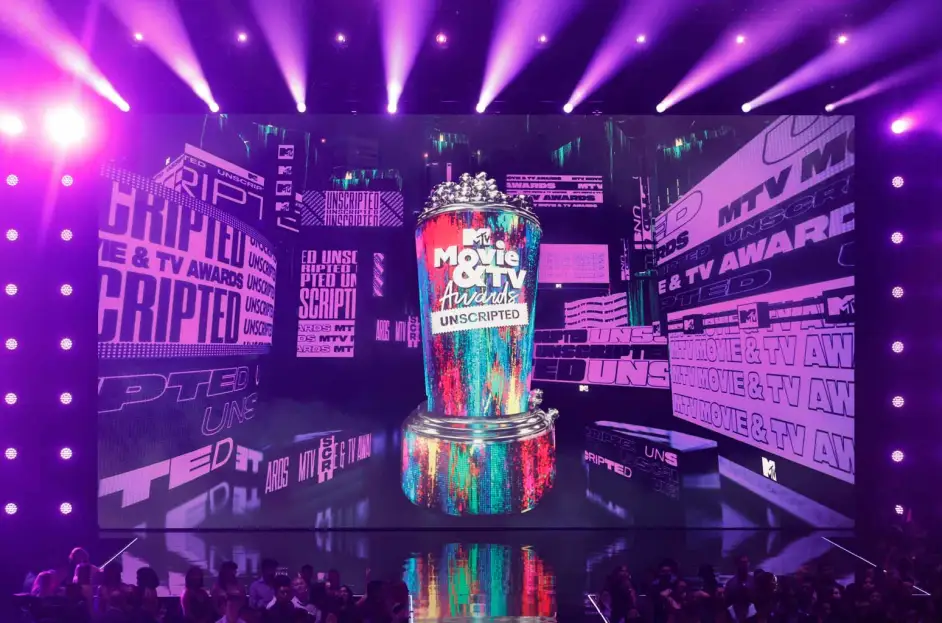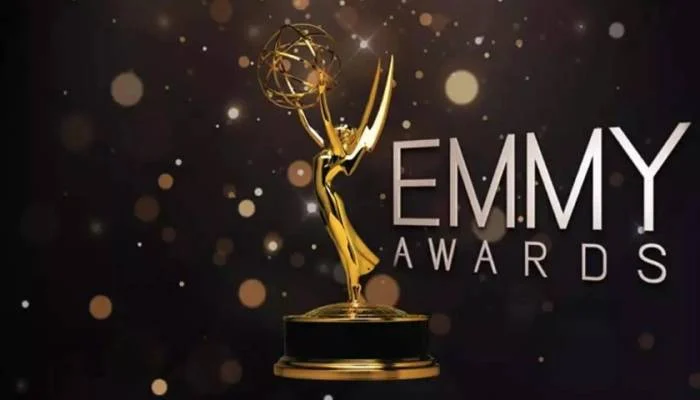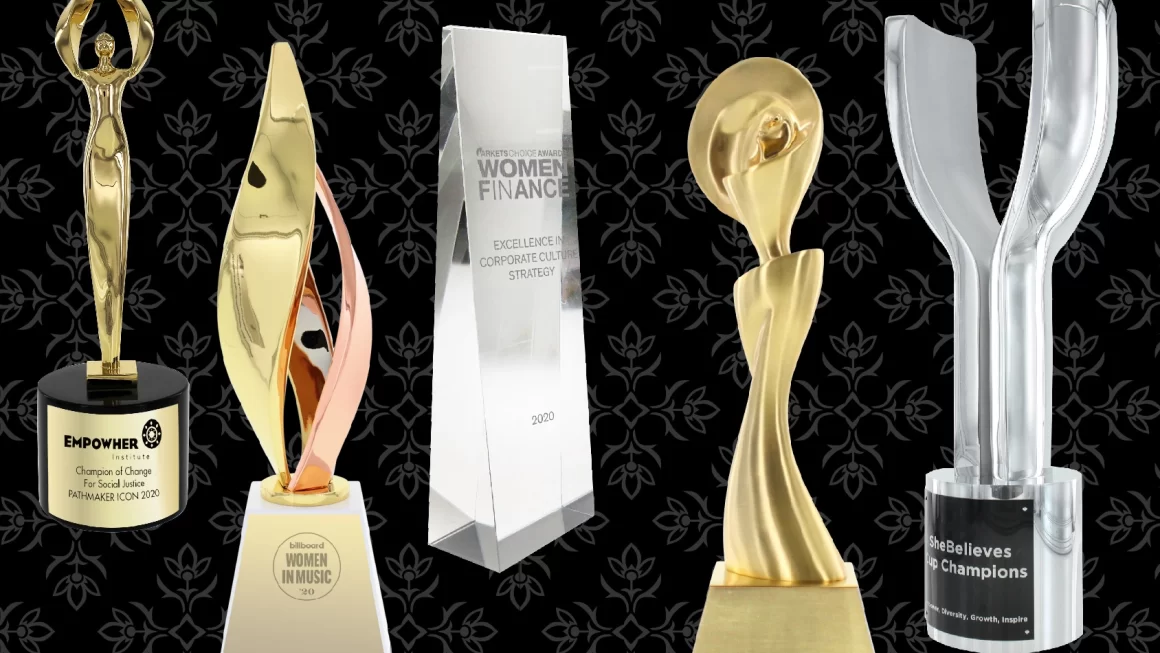Bharat Ratna Award is the highest civilian award in India and instituted in 1954. It is to honor the person for recognition of exceptional service or performance in any field. This award’s official criteria awarding for the highest degrees in national service includes artistic, literary, science and honors as the recognition of public service in the highest order until 2011. In December 2011, the government modified the criteria to allow sportsperson to receive the award. Since then the award confers for the performance of the highest order in any field of human endeavor.
Facts About Bharat Ratna Award You Must Know
1. The award started by former president Dr. Rajendra Prasad on January 2, 1954.
2. A maximum of three Bharat Ratna Awards given in the year.
3. It is not mandatory to honor Bharat Ratna every year
4. The prime minister recommends for this award to the president of India.
5. The youngest Bharat Ratna awardee and the first sportsperson to win this award is Sachin Tendulkar in 2014 evidently.
6. Also, only once in 1999 did the awards confer to four people in the same year.
7. As per article 18(1), Awardees cannot use Bharat Ratna as a prefix or suffix to their name.
8. They can add in letter head, visiting card as awarded by the president or recipient of the Bharat Ratna Awards
9. In 1992 due to controversy over Subhas Chandra Bose’s death, the award announced and later withdrawn.
10. In 1987 and 1990, citizens from Pakistan and South Africa won this award. Whereas, the award was not confer posthumously at first, and in 1966 the criteria changed.
Also Read : The Top 10 Famous Awards
First Three Bharat Ratna Award Holders
The first three Bharat Ratna awards in 1954 given to the recipient as follows
1. C. Rajagopalachari – The only Indian governor-general of India
2. Dr. Sarvepalli Radhakrishnan – He served as India’s first vice president and second president
3. Dr. C.V Raman – He well known as Raman Scattering and works in the field of atomic physics.
Bharat Ratna Award Winners List
There are 45 Bharat Ratna awardees to date, the recipient follows below.
1955
Dr. Bhagwan Das – He is an Independence activist, philosopher, and educationist.
Dr. M. Visvesvaraya – He is a Knight Commander of the Order of the Indian Empire
Pt. Jawaharlal Nehru– Independence activist and author. Besides he is the first and the longest-serving Prime Minister of India.
1957
Pt. G.B. Pant – He is the premier of the United Provinces and the first Chief Minister of Uttar Pradesh.
1958
Dr. Dhondo Keshav Karve – He is widely known for woman’s education nor remarriage of Hindu widows.
1961
Dr. Bidhan Chandra Roy – He always considers the Maker of Modern West Bengal.
Purushottam Das Tandon – He is an independence activist. Also, he served as speaker of the Uttar Pradesh Legislative Assembly
1962
Dr. Rajendra Prasad – He was later elected as the first President of India and an Independence activist, lawyer, statesman, and scholar.
1963
Dr. Zakir Husain – Husain served as a Vice Chancellor of Aligarh Muslim University and become the third president of India
Dr. Pandurang Vaman Kane – He is famous for his five-volume literary work.
1966
Lal Bahadur Shastri (posthumous) – He second Prime Minister of India and led the country during the Indo-Pakistani War of 1965.
1971
Indira Gandhi – She is known as the Iron Lady of India. Though she receives this award while she becomes a prime minister
1975
V.V. Giri – He organized labor unions and became the first acting President. Eventually he elected as the fourth President of India.
1976
K. Kamaraj – Independence activist and statesman and later he becames the Chief Minister of Tamil Nadu three times.
1980
Mother Teresa – She awarded the Nobel Peace Prize for her humanitarian work.
1983
Vinoba Bhave – He is we known for his Bhoodan movement Land-Gift Movement.
1987
Khan Abdul Ghaffar Khan – Popularly known as Frontier Gandhi and founded Khudai Khidmatgar.
1988
M. G. Ramachandran– He served as Chief Minister of Tamil Nadu for three terms.
1990
B. R. Ambedkar – He associated with the Dalit Buddhist movement and moreover accepted Buddhism as a religion.
Nelson Mandela- He was the President of South Africa, often called the Gandhi of South Africa. Also, in 1993, he got the Nobel Peace Prize.
1991
Rajiv Gandhi – He is the sixth Prime Minister of India
Vallabhbhai Patel– Generally known as the Iron Man of India
Morarji Desai– He is the only Indian national to be awarded the Nishan-e-Pakistan. Also, the highest civilian award given by the Government of Pakistan.
1992
Abul Kalam Azad– He was widely known as Maulana Azad
J. R. D. Tata – Tata founded India’s first airline Air India
Satyajit Ray– He is credited with bringing world recognition to Indian cinema.
1997
Gulzarilal Nanda– He was two times interim Prime Minister of India as well as deputy chairman of the Planning Commission.
Aruna Asaf Ali– He is elected as Delhi’s first mayor
A. P. J. Abdul Kalam- Aerospace and defense scientist. Although, he served as the eleventh President of India
1998
M. S. Subbulakshmi – She is known for her divine voice and often called the Queen of songs.
Chidambaram Subramaniam – He is known for his contribution to Green Revolution in India.
1999
Jayaprakash Narayan– He is better known for Total Revolution Movement or JP Movement.
Amartya Sen- Winner of the Nobel Memorial Prize in Economic Sciences
Gopinath Bordoloi – He was the first Chief Minister of Assam
Ravi Shankar- The world’s best-known exponent of Hindustani classical music
2001
Lata Mangeshkar– He widely credited significantly as the nightingale of India
Bismillah Khan – He played the instrument for more than eight decades
2009
Bhimsen Joshi– He is widely known for the Khyal genre of singing with a mastery over rhythm and accurate notes.
2014
C. N. R. Rao– He has worked prominently in the fields of Solid State. Also, authored around 1600 research papers and 48 books evidently.
Sachin Tendulkar – Firstly, the only player to complete more than 30,000 runs in both ODI and Test cricket.
2015
Madan Mohan Malaviya – The President of the Indian National Congress for four terms and the Chairman of Hindustan Times.
Atal Bihari Vajpayee – He served as the Prime Minister of India for three terms. Also he awards as the Best Parliamentarian.
2019
Pranab Mukherjee – He has a senior leader in the Indian National Congress. Conversely he has occupied several ministerial portfolios in the Government of India.
Bhupen Hazarika- He widely known as Sudhakantha. Also, he writes and sings mainly in the Assamese language. Besides, he translated, and sung in many languages, most notably in Bengali and Hindi.
Nanaji Deshmukh – He is the leader of the Bharatiya Jana Sangh and a member of the Rajya Sabha.
Also Read : Oscar Awards 2023 Prediction
What Privileges Do The Bharat Ratna Awardees Get?
When they travel, they gets respect and treatment as state Guests within India. Moreover, the awardees entitles to a diplomatic passport, which means the government gives separate immigration counters and lounges in airports surely. Moreover, they permits for lifetime free exclusive class travel on Air and first-class train journey. Also, the awardees are enables to a pension. Hence awardees can attend parliament meetings and treated as special guest on republic day and Independence Day. Additionally their status is equal to VVIPs inside and outside India. certainly, they are eligible to get protection from NSG commandos and Police personnel.
Conclusion
Finally, the Bharat Ratna is one of the most valuable and highest awards in India. Thus, the government granted this award to individuals irrespective of sex, caste, and religion. Also, in conclusion following up with above stated information about Bharat Ratna award helps you to know detailed information.




10 thoughts on “Bharat Ratna Award – A Complete Guide”